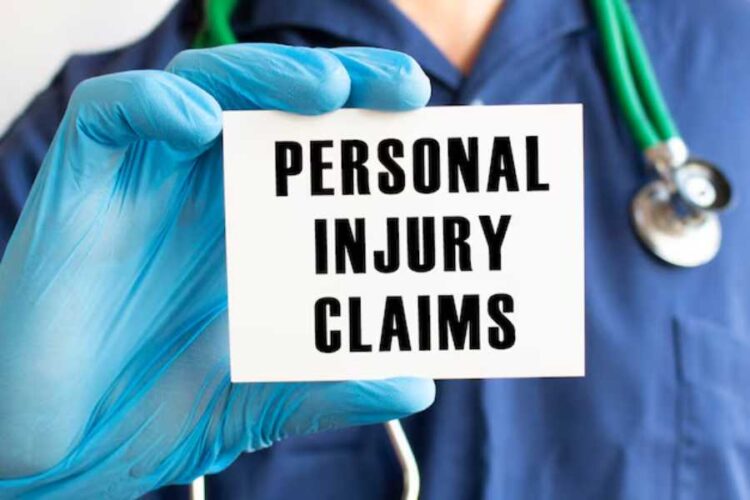Under tort law, victims of an accident have a right to compensation for losses resulting from the accidents. However, the victim must prove by a preponderance of evidence that the defendant caused the accident directly or indirectly and that the accident resulted in recoverable damages.
Among the recoverable damages in a car accident are medical expenses, which can also impact the value of non-economic damages. Speak with an accident lawyer right away to discuss your case as well as the compensation that you’re due for.
Recoverable medical bills in a personal accident cannot exceed what you paid for. So, the idea is not to get more but to recover everything.
Seeking Timely Medical Help
The first critical step to take after an accident if you are hoping to maximize recoverable medical bills expenses is seeking timely medical attention. Getting timely medical attention helps create a definite link between an accident and the injuries.
If you wait too long to get medical attention, the defendant can claim that your injuries are not a result of the accident. The best time to get medical attention is when first responders arrive because it will help link the accidents to the scene.
If you do not get medical attention at the scene, visit the ER at the latest, 72 hours after an accident. You can still recover compensation if you seek medical attention after 72 hours, but the chances will be slim.
Preserve Your Medical Bills and Receipt
You can only recover medical expenses if you can prove them with evidence. So ensure that you preserve all the receipts from the first day you seek medical treatment for an accident to the last day of treatment.
If you file a claim while still on treatment, you can rely on your doctor’s prognosis to estimate expected expenses until you reach maximum medical improvement (MMI). MMI is the healing plateau where the doctor rules that you cannot get better than that.
Besides bills, you will also want to preserve receipts for cleared bills and prescription medication. It is important to note that medical expenses include all expenses incurred in treating physical and psychological injuries.
So, suppose your doctor recommends seeing a therapist for psychological injuries. In that case, you will include the cost of therapy in recoverable damages, so you will also want to preserve its paperwork, including the doctor’s recommendation. Insurers may not readily pay the cost of therapy if a doctor does not recommend it.
Follow the Doctor’s Guideline
After seeing a doctor, they will recommend a treatment regimen. Failure to follow the doctor’s recommendation in treatment can result in a deterioration of your injuries and challenges claiming damages resulting from the decline.
The defendant’s team pays close attention to the victim’s adherence to their treatment plan and can use gaps to claim that some damages are caused by your failure to follow through with treatment and successfully challenge part of your claims on medical expenses.
Help With Hospital Bills
If you have medical coverage, your insurer will cover most of your expenses if it doesn’t go beyond your coverage.
If you do not have medical coverage, you can ask your lawyer for help accessing contingency-based health providers, which allow you to get treatment on credit while awaiting compensation.
The other alternative is getting funding from contingency lenders who use the expected settlement as collateral.
Dealing with injuries is never easy and can come with high medical bills. The victim of negligence should not have to cover the expenses alone.
Conclusion
Seeking compensation in a personal injury claim for medical bills may seem like a lot to handle at once. However, things are made easier if you employ the help of a skilled accident attorney. Those guys are adept at handling such matters and strive for optimal compensation for their clients. No matter the incident, personal injury lawyers can help you get the due you’re owed.










